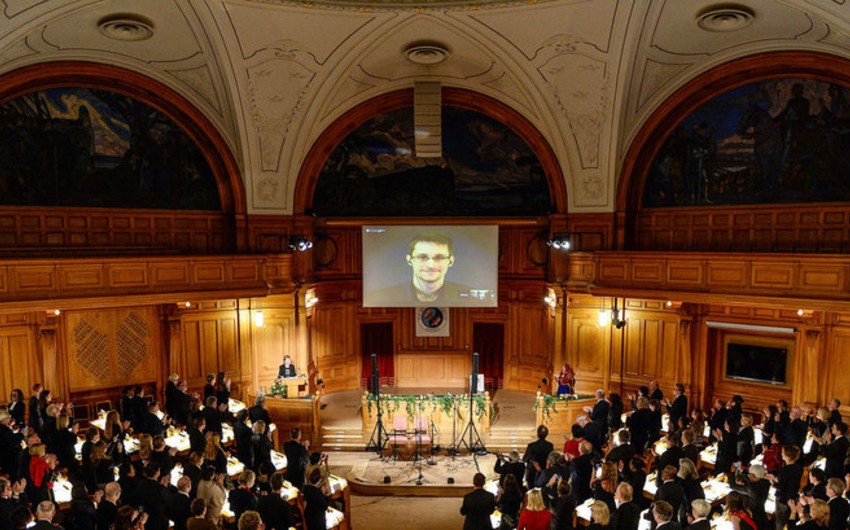Baku. 2 December. REPORT.AZ/ The United Nations’ climate change summit began Monday with a rallying call for action as negotiations for a global pact in 2015 got underway.
The aim of the two-week conference was firm from the outset: secure a draft agreement paving the way for an accord in Paris next year, officials in the opening ceremony said.
At stake are the onset of planet-altering impacts of climate change if delegates from almost 200 nations don’t succeed in reversing global greenhouse gas emissions.
Central to the UN's annual round of talks are “nationally determined” plans by nations to reduce emissions to prevent global temperatures from rising 3.6 F (2 C) on pre-industrial levels by the end of the century.
“We must put on the table a draft for a new universal agreement which is clear for all countries before publishing their national contributions,” said Christiana Figueres during the ceremony in Peru's capital of Lima. Figueres is the Executive Secretary of the United Nations Framework Convention on Climate Change, or UNFCCC.
Greenhouse gases have risen 45 percent since 1990, with temperatures climbing 1.5 F (0.85 C) since the Industrial Revolution. And 2014 will be the hottest year on record, according to the U.S. National Oceanic and Atmospheric Administation (NOAA).
“The moment has arrived to begin to build the greatest alliance in history for the climate and development,” said Manuel Pulgar-Vidal, Peruvian environment minister and newly sworn-in President of the 20th Conference of the Parties, or COP20,
The scope for action has been bolstered by greater scientific inputs, showing fresh evidence of rising sea levels and acidification of the oceans.
The head of the Inter-governmental Panel on Climate Change, or IPCC, the scientific research arm of the UNFCCC, called on delegates to strike a new agreement, which would enter into force in 2020.
“Human interference on the climate system is clear: The more we disrupt our climate the more we risk severe, pervasive, and irreversible impacts,” said Rajendra Pachauri.
Immediate action is needed to avoid exceeding the “carbon budget” -- the remaining quantity of carbon emissions the planet could bear without global temperatures rising above 3.6 F (2 C). Two-thirds had been used since 1970, with 1,000 gigatons of carbon dioxide left.
Shifting to a low carbon economy would only crimp world growth by 0.06 percent a year, Pachauri said, making a compelling economic argument for a transition away from fossil fuel-driven growth.
Key announcements by the U.S., China and the European Union in reversing or capping emissions have brought forward momentum for the COP. Pledges of $9.7 billion to the Green Climate Fund, which helps developing countries prepare for climate change, showed political will as the fund neared its $10 billion target, though countries have to agree who would contribute to the harder target of providing an annual $100 billion in adaptation measures from 2020 onwards as agreed in the Copenhagen summit in 2009.


 https://static.report.az/photo/53248875-a160-449a-8e01-87dd3d1b257e.jpg
https://static.report.az/photo/53248875-a160-449a-8e01-87dd3d1b257e.jpg

